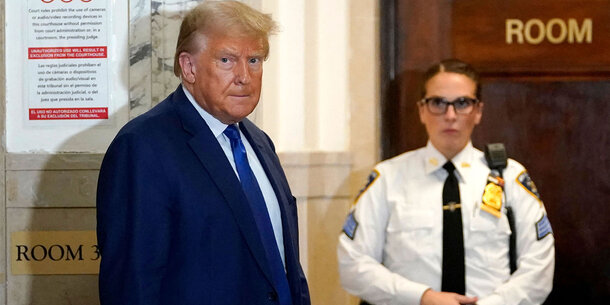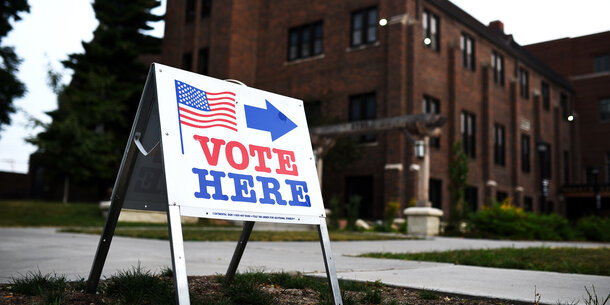Connecticut Gov. Ned Lamont signed into law Senate Bill 1202 Wednesday, restoring the right to vote to as many as 4,000 people with past convictions who are living in the community. Not only is this a landmark accomplishment in the fight to protect and advance voting rights in the state of Connecticut, but it also represents a shift in the national voting rights landscape. There are now no states that distinguish between probation and parole when it comes to eligibility to vote.
With roots stretching back over 20 years, activists and legislators in Connecticut have been working to end disenfranchisement for people in the community. After first achieving the restoration of voting rights for people on probation in 2001, initial legislative efforts to expand this restoration to people on parole stalled.
The result was that before enacting S.B. 1202, Connecticut was the only state in the country that allowed people on probation to vote, but not people on parole — a distinction that caused confusion among eligible voters and election officials alike. What’s more, systemic racism in the criminal legal system meant that Connecticut’s disenfranchisement policy disproportionately impacted people of color. The new law will go a long way toward undoing this injustice.
Until now, Connecticut was also the only state in the Northeast where people who were no longer incarcerated could not vote. When S.B. 1202 goes into effect on July 1 this year, 21 states and Washington, DC, allow all citizens living in the community to vote. That number will grow when Washington State’s recently enacted voting rights restoration law goes into effect in 2022.
Progress in Connecticut reflects national momentum in the fight to roll back criminal disenfranchisement, a policy that is largely a legacy of the Jim Crow era. In the past few years alone, victories have been achieved across the country to expand voting rights for people with past convictions. This year, New York and Washington state enacted laws to restore voting rights. In 2020, California restored voting rights via ballot initiative, Iowa did so by executive action, and Washington, DC did so legislatively. In 2019, New Jersey, Colorado, and Nevada restored voting rights legislatively, and Kentucky did so by executive order. This year, a constitutional amendment advanced in Virginia and a bill passed one chamber in New Mexico to restore voting rights.
These state victories demonstrate nationwide support for an inclusive, accessible democracy and a desire to break down barriers that disproportionately lock Black voters out of the ballot box. At the federal level, Sen. Ben Cardin (D-MD) has reintroduced the Democracy Restoration Act, which would automatically restore the right to vote in federal elections nationwide to people with past criminal convictions who are not currently in prison. This provision is also part of the For the People Act, the landmark democracy reform bill that recently passed the House and now awaits a vote in the Senate.
Building on success in Connecticut, New York, and Washington this year, lawmakers across the country and in Congress have more work to do to unlock voting rights for all of our neighbors and ensure a free and fair democracy.






